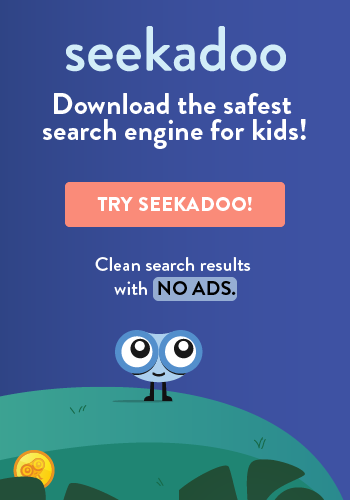
Increasing numbers of people are questioning whether significant use of Facebook and Instagram is good for our kids. Well, not just question. Nearly all the states—41 of them plus the Washington, D.C., to be precise—are suing Facebook and Instagram parent Meta, accusing the tech giant of deliberately using addictive features in its social media platforms.
“Our bipartisan investigation has arrived at a solemn conclusion: Meta has been harming our children and teens, cultivating addiction to boost corporate profits,” California Attorney General Rob Bonta said, according to the Washington Post.
This has been an ongoing concern for years, as more and more young people across the country—and around the world—spend more and more time on their phones, scrolling past this, “liking” that, and DM-ing each other. So what, exactly is the problem? Broadly speaking, and not necessarily tied to the states’ lawsuits, here’s the gist:
Facebook and Instagram use psychological design elements to keep users engaged. For example, they use notifications to alert users to new likes, comments, and follows. This can create a sense of anticipation and excitement, which encourages users to keep checking the apps.
They provide a platform for social comparison. Kids can see what their friends and classmates are doing, which can lead them to feel like they need to measure up. This can be especially harmful for kids who are already struggling with self-esteem issues.
They offer a dopamine rush. When kids receive likes and comments on their posts, their brains release dopamine, a neurotransmitter that is associated with pleasure and reward. This can lead to kids becoming addicted to the feeling of validation they get from social media.
In addition to these general factors, there are some specific elements of Facebook and Instagram that can be particularly addictive for kids, such as:
Filters and editing tools: Facebook and Instagram allow users to filter and edit their photos and videos, which can give them a sense of control over their appearance. This can be especially appealing to kids who are still developing their self-image.
Direct messaging: Facebook and Instagram allow users to send direct messages to each other, which can facilitate cyberbullying and other forms of online harassment. Kids may also feel pressured to respond to direct messages immediately, which can lead to them spending more time on the apps.
Video has proved hard to resist (see TikTok’s wild growth), so Meta introduced Reels to Instagram. Additionally, Facebook and Instagram allow users to live stream video, which can give them a sense of fame and attention. This can be especially appealing to kids who are looking for validation from others.
So, what can parents do about it (other than somehow supporting their state’s lawsuit)? The good news: a lot.
Talk to your kids about the dangers of social media addiction. Explain how social media companies use psychological design elements to keep them engaged and how that can lead to addiction. Set clear limits on how much time kids are allowed to spend on Facebook and Instagram each day. Monitor their social media activity, but be honest about it. Let them know you’re concerned and will be paying attention. Finally, encourage other activities. Remind your kids there’s a big, exciting world out there. Lots of ways to engage with it that don’t involve posts on Instagram.







